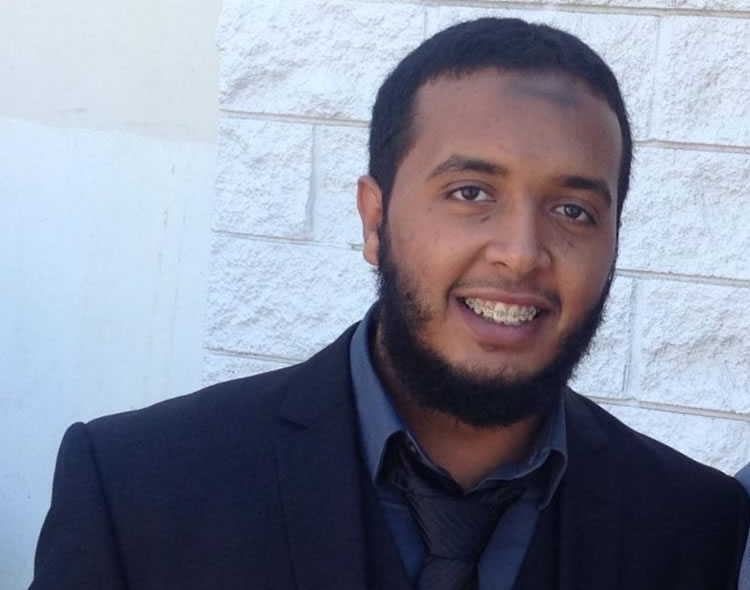From December 2015 to May 2018, Mohamed Al Seraji waited.
He had filed an application for a Transportation Worker Identification Credential (also known as a “TWIC” card) that December. Al Seraji wanted to accept a job offer he had received to be a truck driver for a shipping company. He already had his commercial driver’s license (“CDL”). The offer with the shipping company depended only on him receiving his TWIC card. A naturalized US citizen with no criminal record, he didn’t see any reason it would be denied. So, he looked forward to being able to start the new job. He had become the sole breadwinner for his family at a young age, and was trying to make ends meet by driving for Uber. Getting his TWIC card so he could start the truck driving job would be a big help. He couldn’t wait.
But he had to wait. A long time.
First, he got a letter that the agency’s initial decision was that his application was denied. They gave him no reason why. Then, an FBI agent came to talk to him. The agent hinted that if he was willing to be an informant, there might be a way he could get his TWIC card. He declined, and was told his application would stay denied. When he didn’t get any further response, he asked for help.
The Muslim Legal Fund of America put him in touch with the attorneys at the Constitutional Law Center for Muslims in America. They helped him file administrative challenges, and eventually, a lawsuit in federal court. After the start of the lawsuit, he got another, long overdue, agency response: still no TWIC card. And, still no reason. With help from his attorneys, he appealed that decision too. The federal court decided he had potential causes of action, which it could hear, but that first he needed to finish the administrative appeals process through the Transportation Security Administration. That was in April of 2017. So, he tried more administrative appeals, led by his attorneys at CLCMA.
Again, he waited. Finally, he had a date that something would happen: on May 29, 2018, he would have a hearing in front of an administrative judge. He and his attorneys were ready. They had a plan – which was simple, really, since they still didn’t know why the TSA denied his application for a TWIC card – and a translator lined up, just to make sure nothing was misunderstood. They were ready to move forward. He and his attorneys would still not hear what the government’s reasons were, since he and his attorneys would not be allowed to attend the “classified” part of the hearing. But they would at least get a day in court, and hopefully, the end was in sight. The waiting might be over.
Then, on May 25, 2018, just a couple of days before his hearing was set to start, he heard surprising news: the TSA changed its mind. They were going to grant that December 2015 application for a TWIC card after all. His attorneys sent him the motion the government filed with the judge, where he could see the government recognizing, for the first time in two and a half years, that he “does not pose a security threat.” And, the TSA withdrew its earlier denial letters, and issued him a letter letting him know that he would be getting his TWIC card in the mail soon.
Soon. After two and a half years, and on almost the eve of his day in administrative court. He still does not know why he was denied in the first place, or why it took so long. And he is still deciding what he wants to do next, legally speaking.
But Mohamed Al Seraji “does not pose a security threat.” And the government finally recognizes it. Even with the long wait, those words are sweet to hear.

